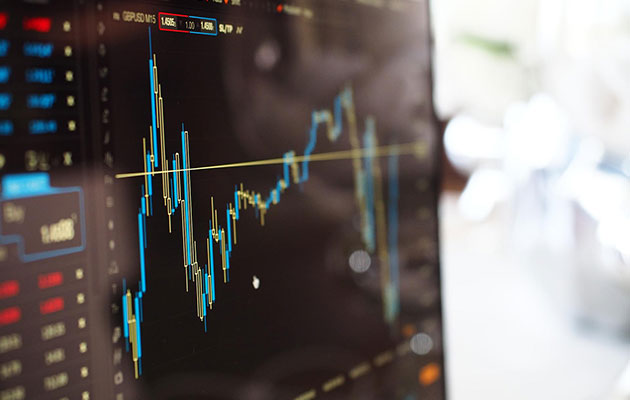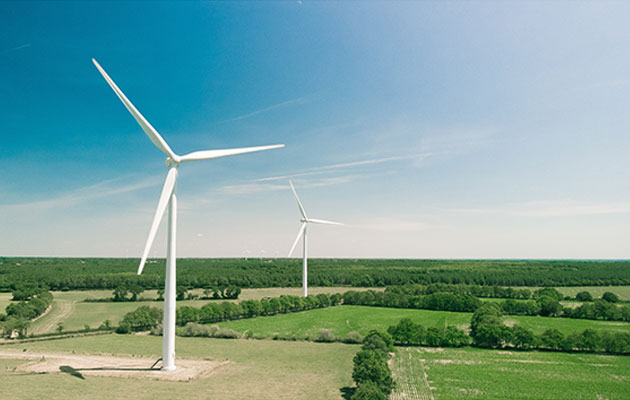-
Articles
Legislative Change sends a Positive Message for Battery Projects
Interest in battery energy storage systems (BESS) has been growing globally and Japan is no exception. In Japan, stand-alone BESS businesses in which battery storages are installed independently to the electrical power grid have emerged, and the Japanese government has updated the legal system to facilitate the expansion of such stand alone BESS.
Amendment to Electric Business Act
In 2022, the amendments to the Electricity Business Act have clarified how stand-alone BESS are to be treated.
Previously, the Electric Business Act did not treat BESS as stand-alone systems that are installed independently, and instead treated BESS as components of other electrical facilities such as power stations, substations, or demand facilities.
Recently, however, standalone BESS that connect large battery storage systems to the power grid on a stand-alone basis have begun to appear in Japan. Stand-alone BESS perform the same functions as power plants in that they provide electric power to the grid by discharging electricity but are also in a similar position to consumers in that BESS receive electric power from the grid for recharging. Before the amendment of BESS this year, it was unclear how the regulations under the Electric Business Act applied to battery storage systems that were independently connected to the grid.
In order to address this point, the government has amended the Electric Business Act. In the revision of the Electricity Business Act in 2022, the business of discharging electricity from large-scale BESS is treated as a power generation business. This revision to the Act has created an environment for BESS that allows stand-alone BESS to be connected to the grid.
Revenue Stream for BESS
In terms of revenues from BESS, it is easy to consider arbitrage transactions where (i) battery operators purchase electricity and charge it to battery storage when the market price of electricity is low and (ii) subsequently discharge and sell the electricity from battery storage when the market price is high.
However, stand-alone BESS do not aim to target only such simple revenue models. BESS not only provides electric power by discharging, but also have the ability to supply electric power to meet short-term demand from transmission system operators. Therefore, stand-alone BESS can adopt a business models in which multiple market revenues are combined from the multiple customers that BESS can supply. BESS now have the opportunity to monetize each of (i) the kWh value of the electric power by participating in the wholesale electricity market, (ii) the value of capacity (kW) by participating in the Capacity Market [in Japanese “[容量市場]”] as a “dispatchable power source” and (iii) the ΔkW value by participating in the “Supply and Demand Adjustment Market” [in Japanese the “需給調整市場”]. Such multi-use models are an attractive characteristic of stand-alone BESS for investors.
This multi-use models however can struggle to attract project finance. In the case of traditional power plants, stable revenues over a long period can be secured by selling the electricity generated through power sales contracts (PPAs) and which enable the owners of power plants to arrange non-recourse project financing.
However in the case of multi-use BESS, the revenue flow is divided into the (i) wholesale electricity market, (ii) the capacity market, and (iii) the Supply-Demand Adjustment Market, none of which can produce stable long-term revenues for the BESS owners. Therefore, further innovation by BESS owners and their financiers may be necessary to allow stand-alone BESS to attract project finance.
In addition, METI is considering introducing a new system similar to the existing Capacity Market. While the existing Capacity Market grants to power plant owners the capacity payment only for one-year, he expected system called "Long-Term Decarbonisation Power Source Auction"[in Japanese “長期脱炭素電源オークション”] will guarantee a 20-year payment for newly developed electric power sources. Once introduced, this system may help resolve the issue of securing long-term and stable revenues from BESS.






